The short answer is yes. The long answer is this article telling you how you can do it.
We know that India has a debt problem. According to data by the Reserve Bank of India, as written by Business Standard, Indian households had debts worth nearly ₹43.5 trillion at the end of March 2020, up from ₹6.6 trillion at the end of March 2008 and ₹19.3 trillion five years ago at the end of FY15. The pandemic has worsened the situation, with more people struggling to keep up with payments amidst the rise in unemployment.
Most millennials and Gen Z have education loans, while some have home loans or personal loans. If you are trying to save for your future financial needs, it is crucial that you have a debt management plan. Paying off your debts should take precedence over achieving other financial goals. So, in this blog, we will be explaining how you can clear off your debt as soon as possible.
Write Down Your Debt
You might be having credit card debt, or education, personal or home loans. Open a spreadsheet or take a notepad, and write down all your debt, as well as, their interest rate. It is advisable to pay off the debt, which has the highest interest rate first. Since credit cards carry a compounding interest, it is better if you pay off your credit card debt first.
Track Everything
You must have heard this advice several times. Since this is the most important step, it is crucial that you follow it. It is important that you track both your spending and income. At the beginning of every month, write down the possible expenses that you would incur that month, including your rent, electricity, phone bills, food, etc., Also, track all your expenses down to the last rupee. At the end of the month, you can analyze your expenses and figure out where you can cut back to save more money, which can be used towards paying off your debt.
Choose A Strategy
After understanding how much debt you have, you can choose a repayment strategy that works for you. You can either ‘Pay More Than Minimum’ or choose the ‘Debt Snowball’ option. If you have a surplus of savings this month, you can pay more than the minimum amount due to reduce your debt. Even though you may end up paying more than the defined amount, you will, at least, be reducing the interest charged on each day period.
The next strategy you could follow is the snowball method. In this strategy, you pay off your smaller debt first, and then, the bigger ones. This method will enable you to pay off your debts, slowly and steadily. You can also choose the avalanche approach, where you pay off the card with the highest interest. This method is faster and cheaper compared to snowballing.
Automate Payments
If you make debt management a priority, you have to automate your bills, as it will ensure that you don’t miss any payments. You can opt for an auto-debit option so that your loan EMI, credit card bill is paid on time every month. After paying off your EMIs or credit card bills, you can spend the rest of your income. If you delay paying your bills, it will be rolled over to the next billing cycle, and it will attract more interest, thus increasing your debt.
Consolidate Your Debt
You can also consolidate all your credit card payments into one account, so that you are only making one payment every month. Credit card firms and banks offer debt consolidation plans at low-interest rates. If you have been paying your credit card bills on time, you can reach out to the companies and request if the repayment terms can be relaxed, in case your bill is much higher than expected.
Not Accumulate Any More
Though this sounds like a no-brainer, it is important that you try not to get into new debt when you are paying off your old ones. It is crucial that you don’t apply for any more credit cards or get any other new loans. Try your best to not get tempted by festival offers, online discounts or any attractive schemes. Also, be determined to not increase your credit card bills. It is important that you don’t sacrifice your financial future for your present-day desires.
In The End…
The journey to pay off your debts might not be a pleasant one but the one that has to be made. You might not be able to pay off all your debts within a week. It takes time and patience to follow the strategy and pay off all your debts. Just remember that the small sacrifices that you make are worth it and if you keep up with your pace, without accumulating more debt, you would be able to pay off everything sooner than you think.
If you want to gain insights into your spending habits and get better at managing your finances, head to Koshex and create an account today! Our AI will analyze your expenses and offer you valuable insights so that you can reduce your spending and increase your savings. Go to our website now to get your financial life on track.

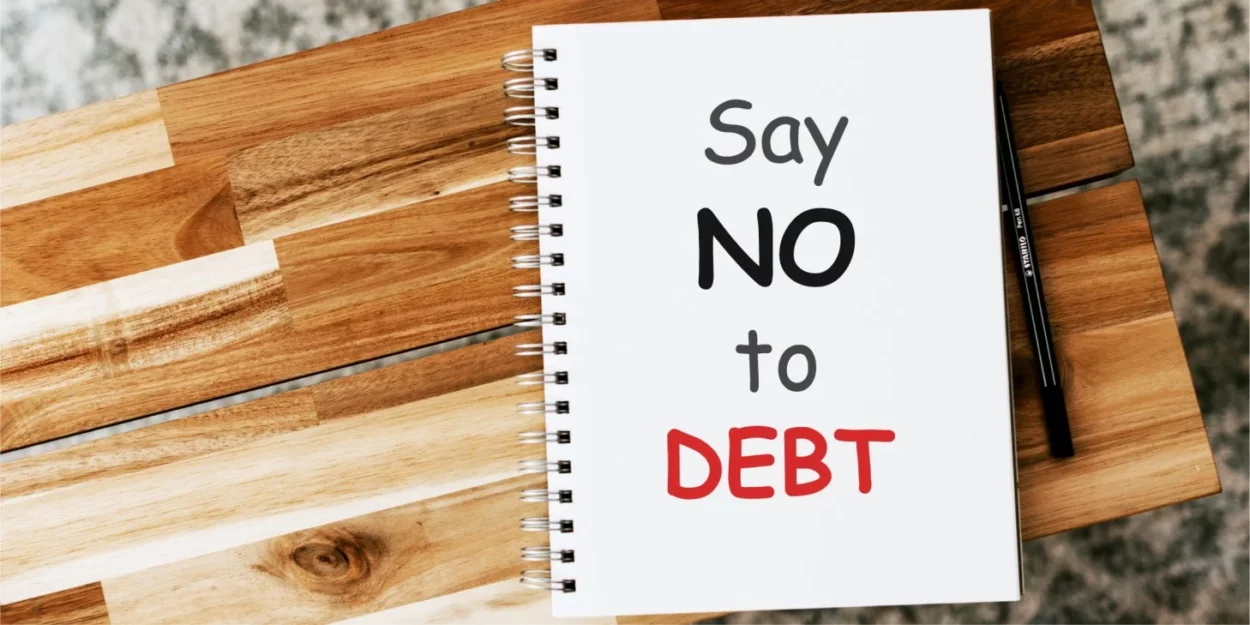
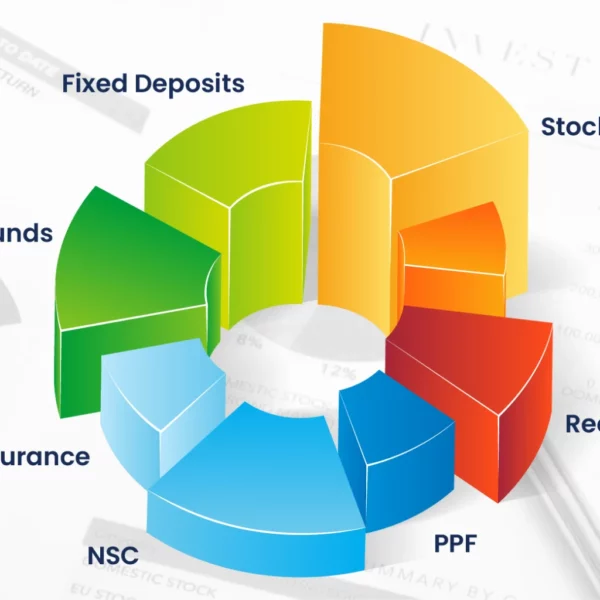
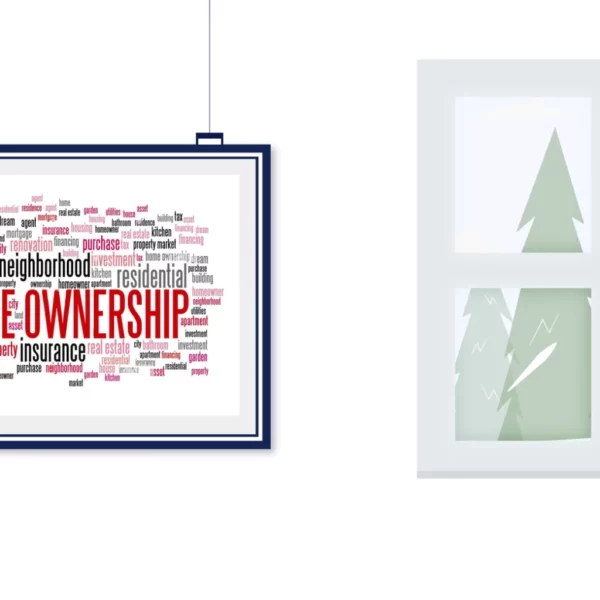
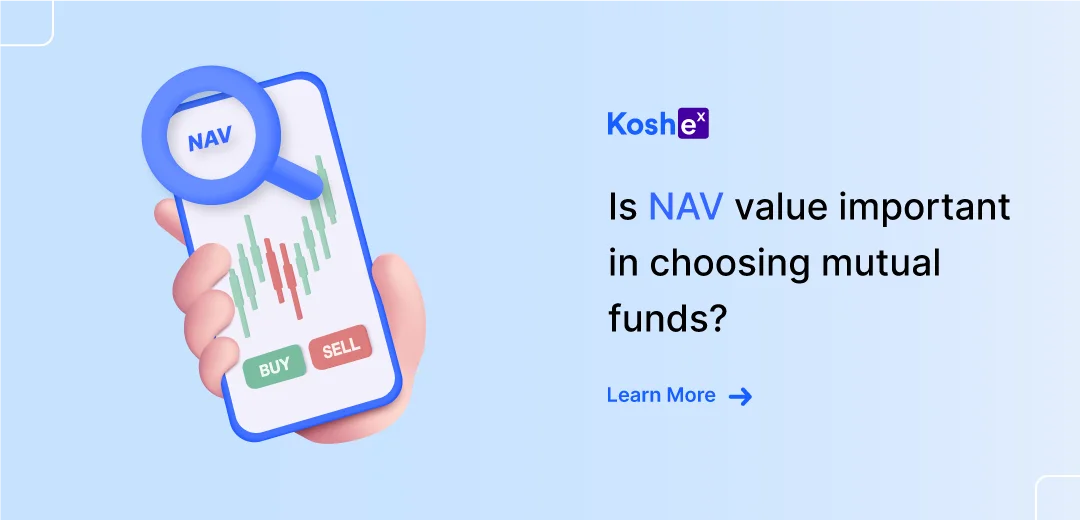
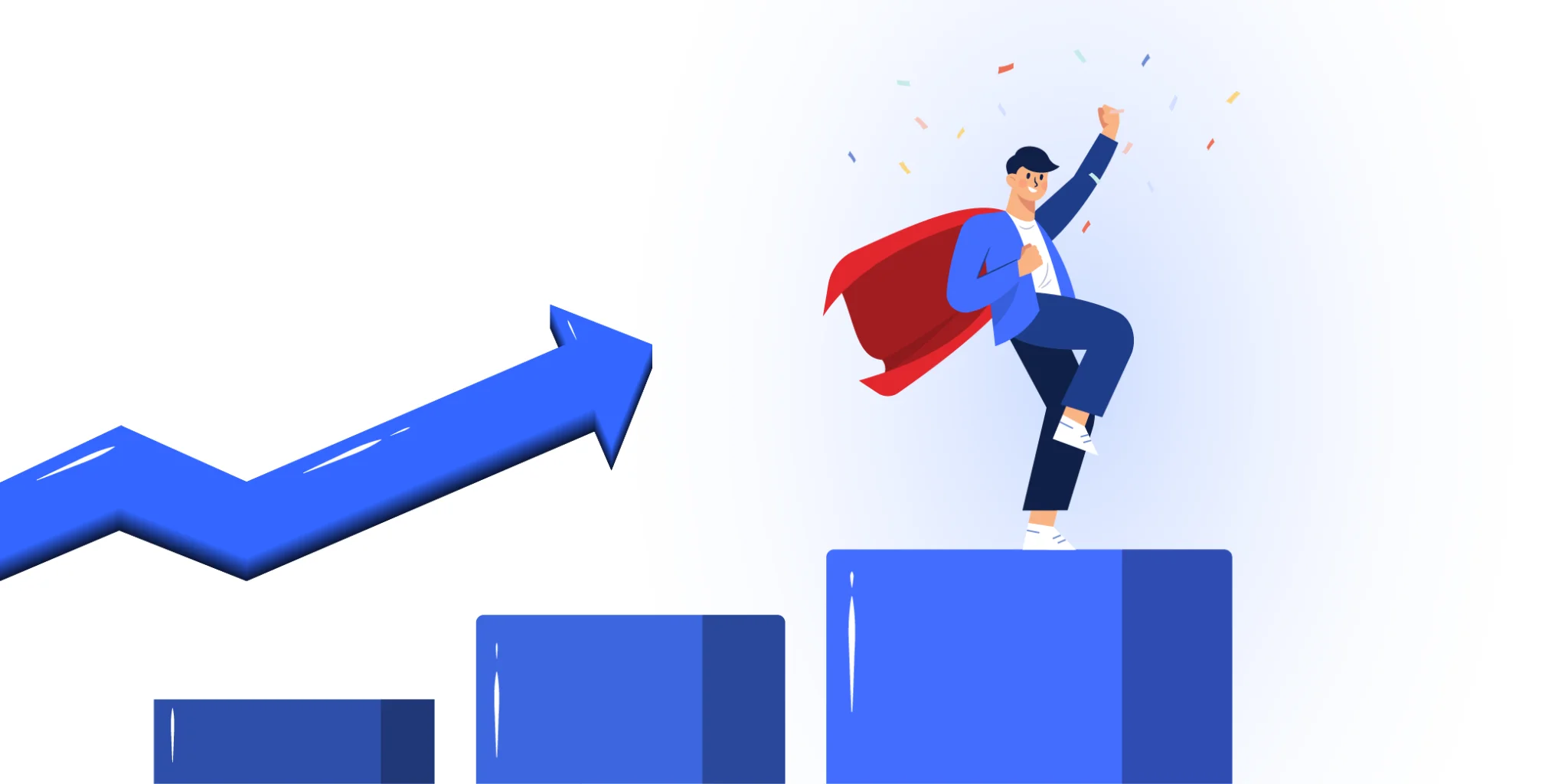
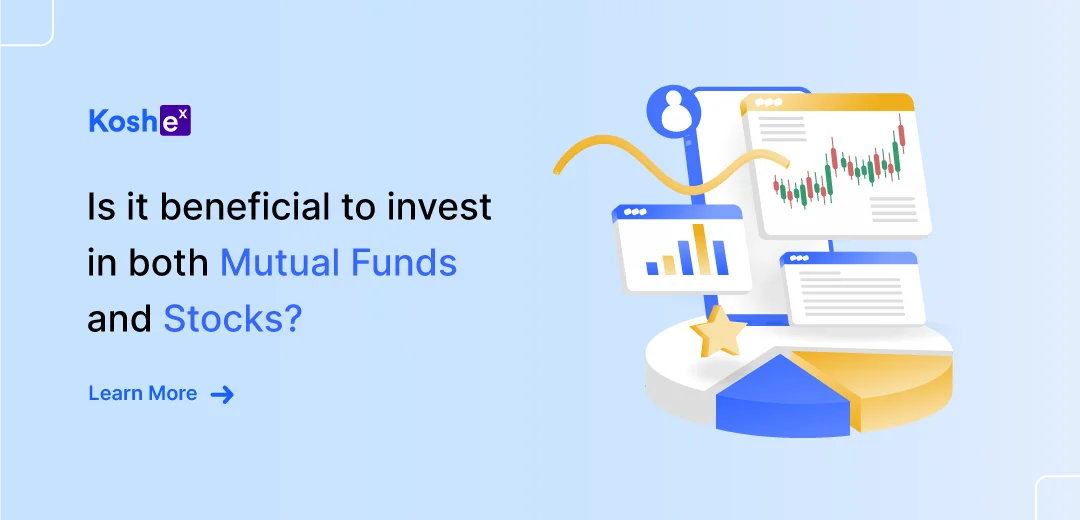


Leave a Comment